

Episode 47: Courtney Maum, Author & Writing Coach
Thrilled to be joined by author and publishing expert Courtney Maum! She gives us insight behind her terrific book, Before and After the Book Deal, and talks about the highs and lows of publishing. Tune in for her knowledgable tidbits about marketing, building an online platform, self-publishing, memoir, and more!

Story Physics: Reaction Beats
Newton’s third law says every action will have an equal but opposite reaction. This is true in stories, too … or at least it should be. How do we get to know characters, even as they flit from one conflict-ridden chase scene to the next? Through reaction beats.
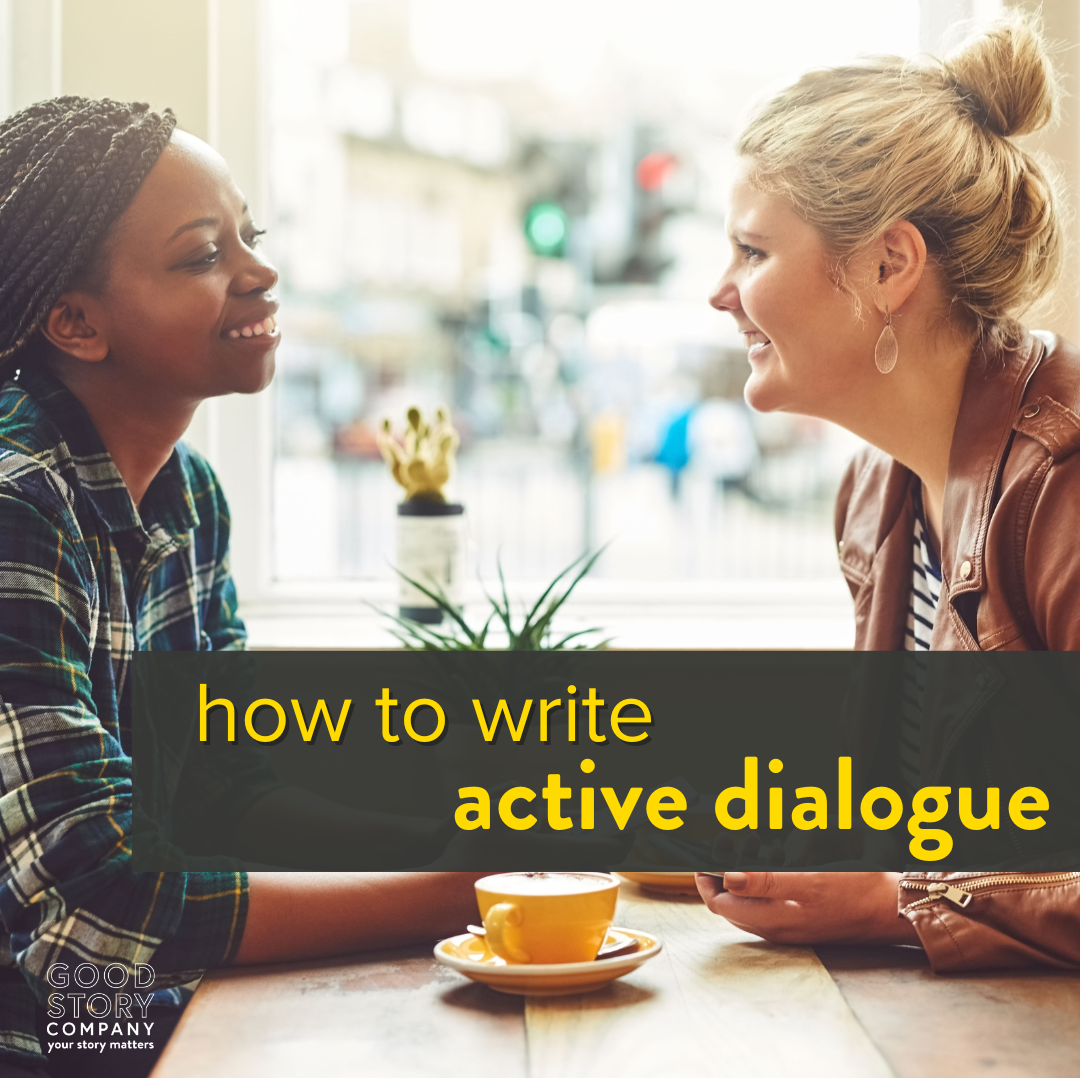
How to Write Active Dialogue
Writing dialogue is tricky. It seems like it should be the simplest part of the process, because we’re all familiar with what conversations sound like. There’s a difference, though, between a conversation you might have and how to write active dialogue in your story.
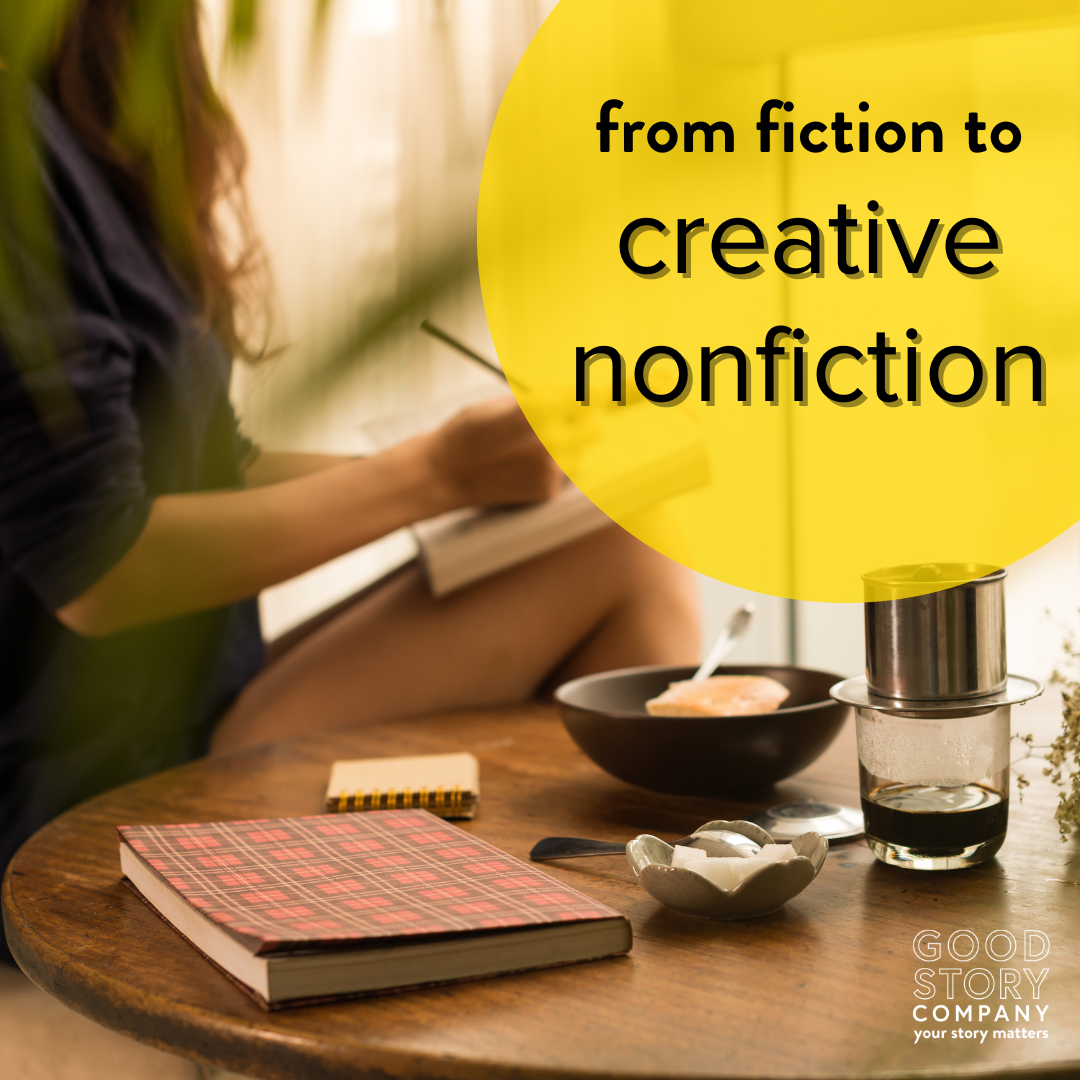
From Fiction to Creative Nonfiction
Everyone has a story to tell. But what if you’ve only ever written fiction? Maybe it’s time to try something new. Writing your life stories is a great way to expand your writer’s craft toolbox and will add creative nonfiction to your writing portfolio.

Healing Writer Burnout
Writer burnout is a cousin to writer’s block, with a few key differences. Both states leave you feeling like you should write, you need to write, but you just can’t. I’ll share five tips that’ll help you recover from writer burnout.

How to Cure Writer's Block
Regardless of who I’m talking to—an audience of kid readers, or a group of teachers at a workshop, the most common question I receive is: how to cure writer’s block?
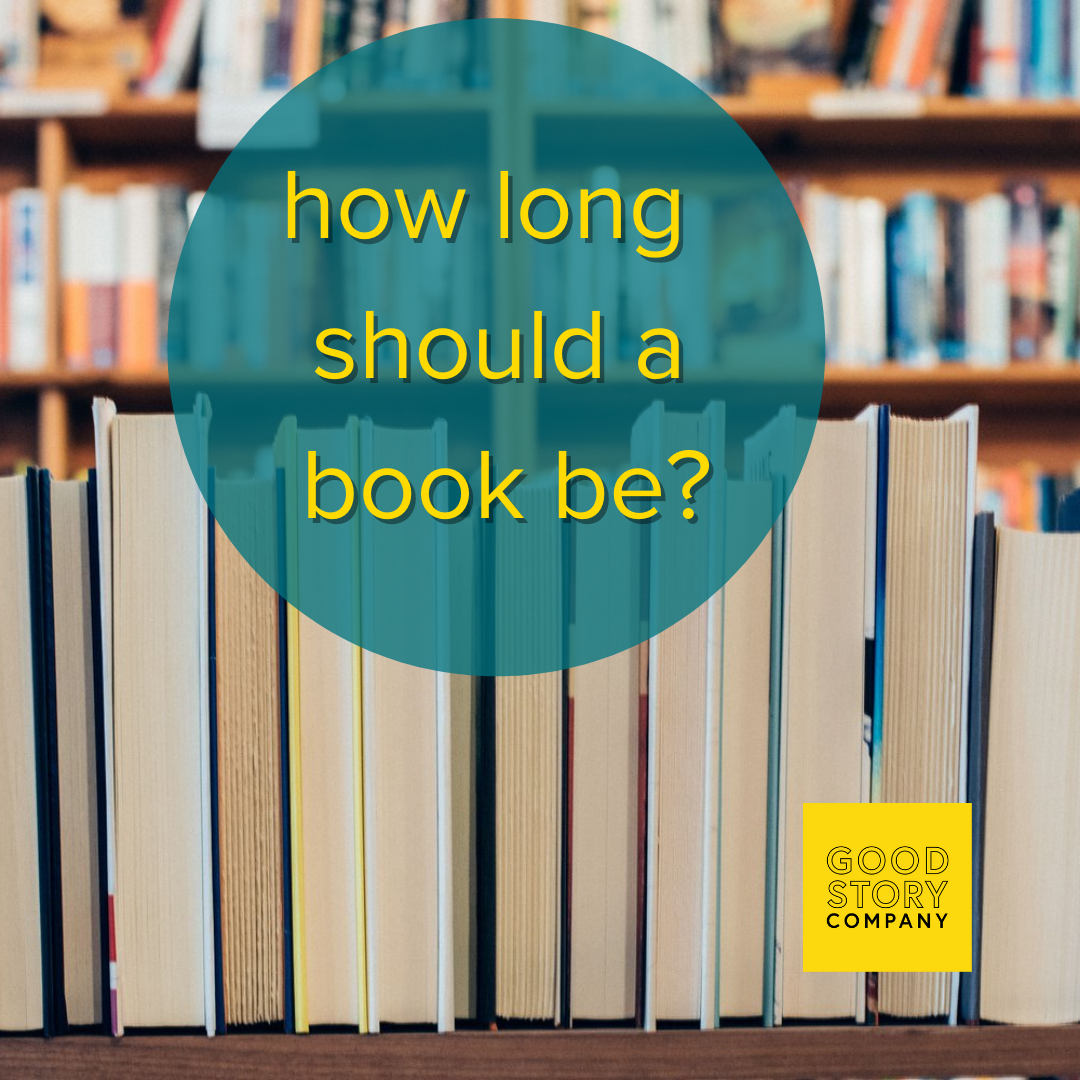
How Long Should a Book Be?
Writers have a love-hate relationship with word count. It’s one of the necessary evils we deal with to determine if a manuscript meets an acceptable published length. So how long should a book be? Here’s a guide to help you answer.
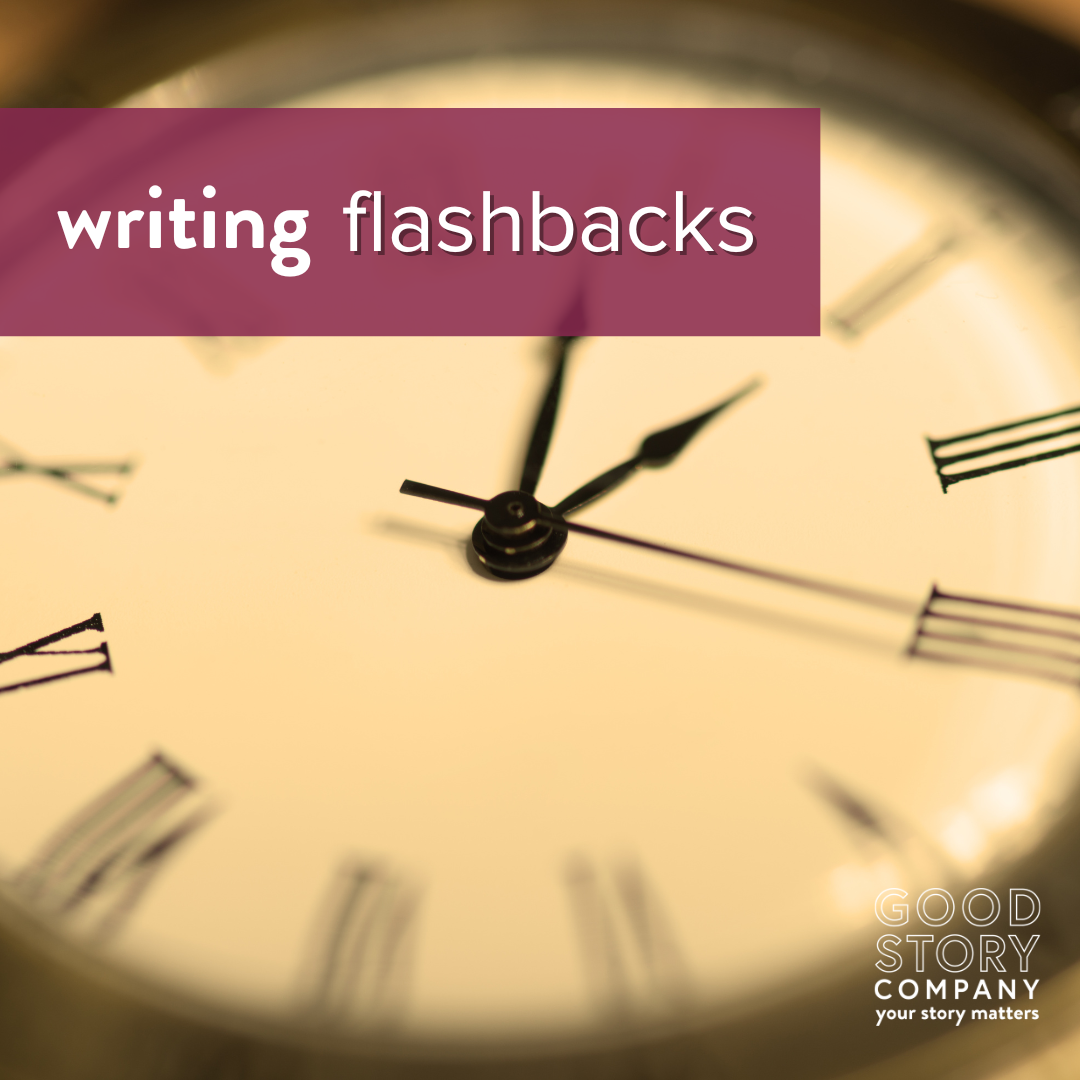
Writing Flashbacks
Writers are often cautioned away from flashbacks, but they can connect the dots between the past and who the characters are now. Read on for tips on writing flashbacks that function well.
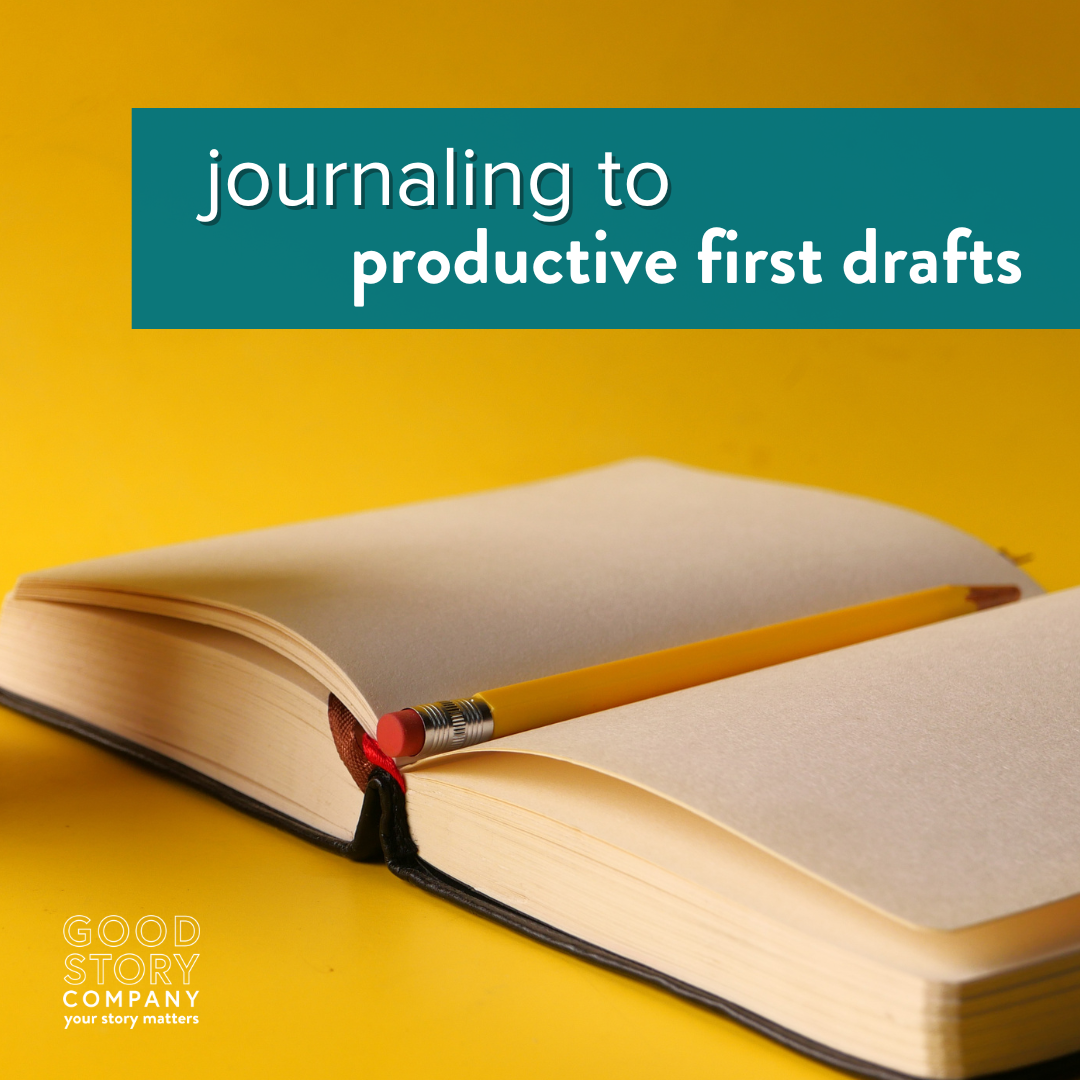
Journaling to Productive First Drafts
In a world where life constantly competes for our time, we don’t have the luxury of writing twelve to fifteen drafts of something before we can say it’s done. We need to work smarter, not longer. We need to write productive first drafts.
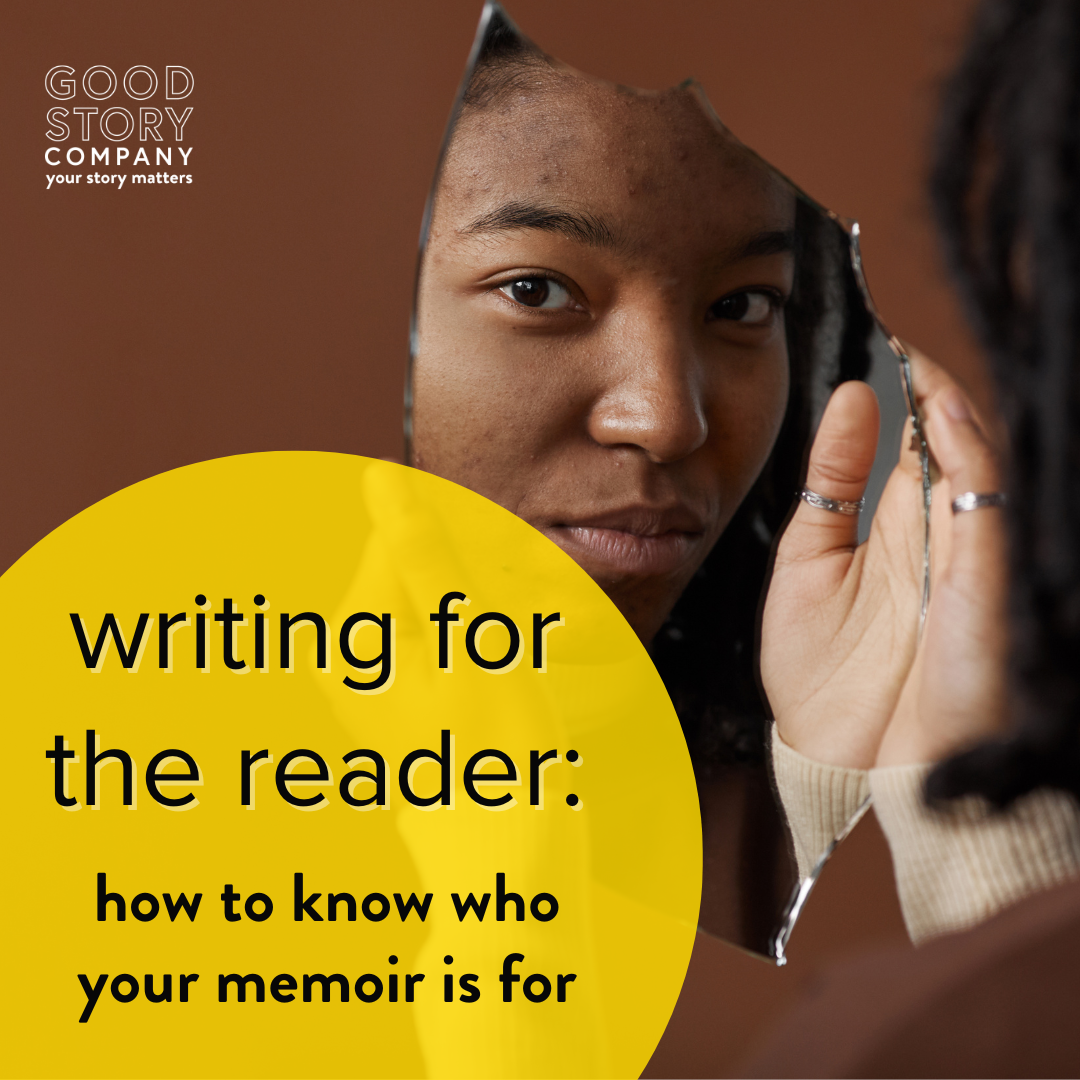
Writing For The Reader: How To Know Who Your Memoir is For
What happens when you’ve written a memoir but find that your words aren’t resonating with readers the way you thought they would? And upon that realization, what do you do or change to bridge the gap?

How to Describe Emotion
We want our readers to connect emotionally to our characters and to feel their pains and struggles—but it can be tricky to know how to describe emotion to create that connection. Here are some effective ways to describe emotion.
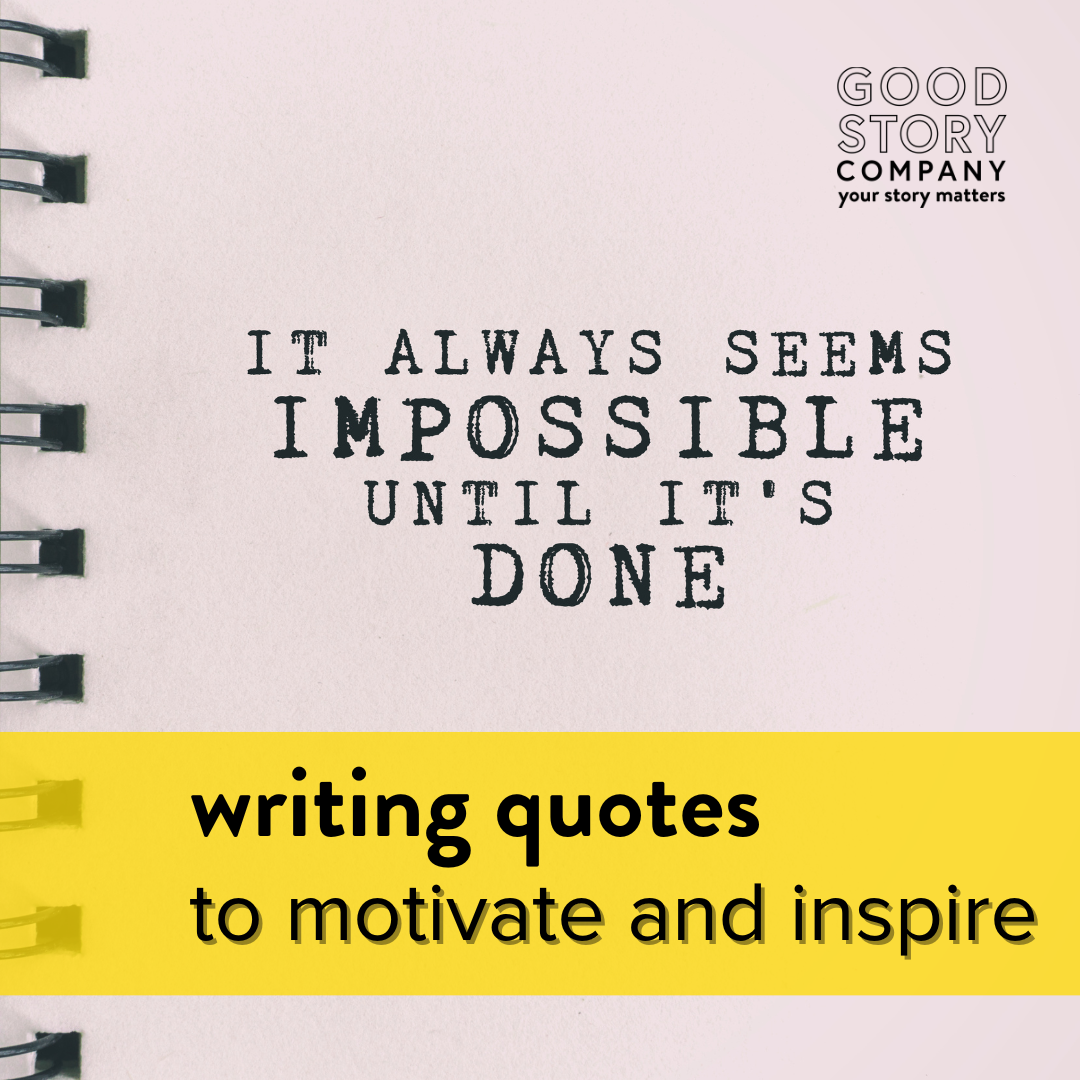
Writing Quotes To Motivate and Inspire
Pithy writing quotes can motivate and inspire with just a few words. We’ve put together some of our favorites to keep you motivated when the going gets tough.

Daily Writing Practice: Five Tips For Writing More
Having a daily writing practice is one of the best ways to improve your writing. The more you write, the more you’re able to learn about your style and voice. So, here are five tips to make this dream a reality.

Writing Believable Characters
We know a believable character when we see one. We know what they want, how they feel, and that they’ll be different at the end of the story than they were at the beginning. Here’s how to make sure they’re connecting with your reader.

Writing Good Sentences
Writing good sentences is at the heart of telling a good story. However, it’s not the first issue to tackle in revisions. First, finish your draft. Second, step away from your manuscript. Third, edit macro issues such as plot holes, character development, and story arc. Don’t fret about sentence craft until the bones of the story are in place and working well.

Tag, You're It! Using Dialogue Tags Effectively
Dialogue tags are invisible and useful when done well, but they can kick a reader out of a story so quickly when they aren’t. Let's talk about which ones work, and which are less effective.
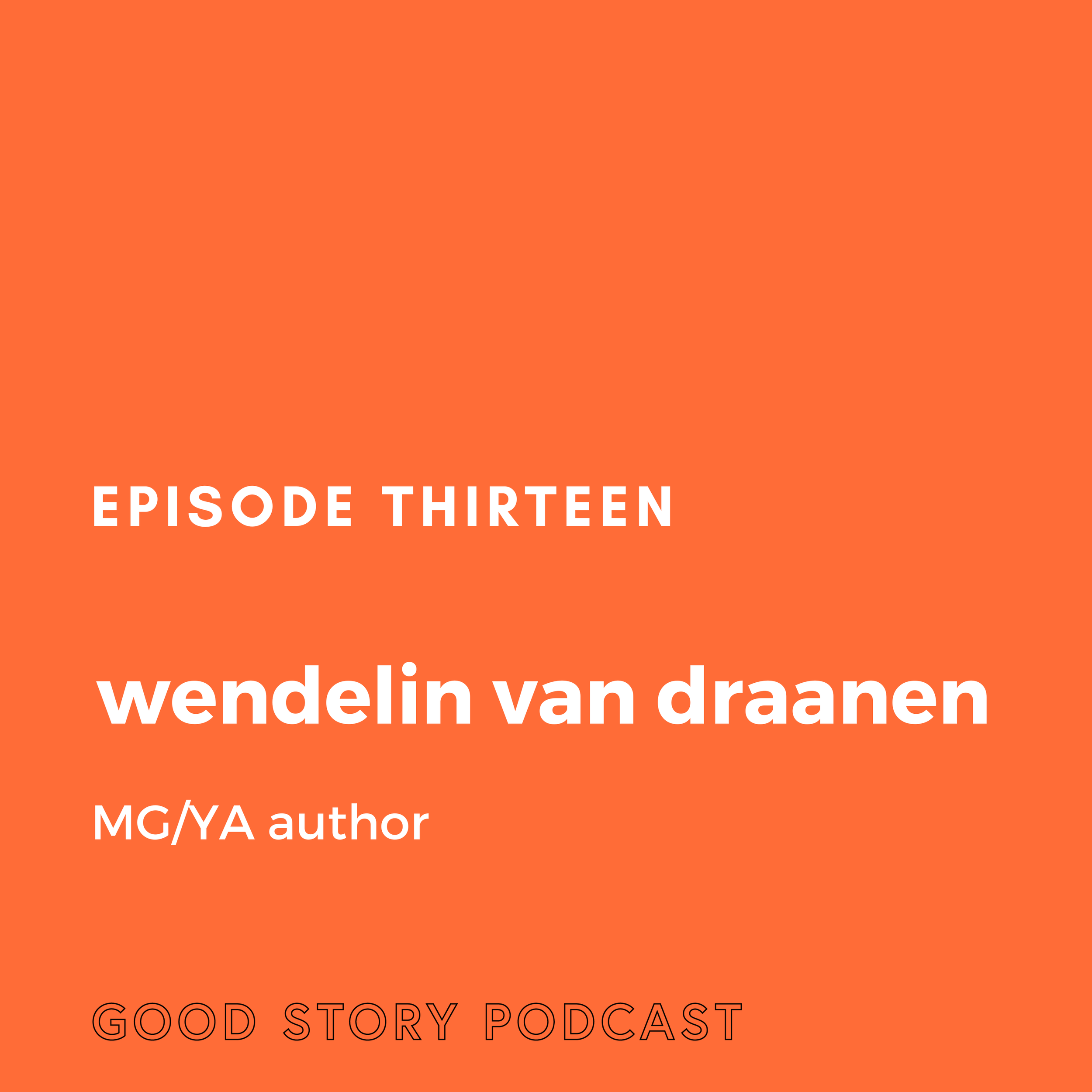
Episode 13: Wendelin Van Draanen, MG and YA Author
An uplifting conversation with author Wendelin Van Draanen, where we discuss the therapeutic nature of writing and the silver lining in a difficult path to publication.
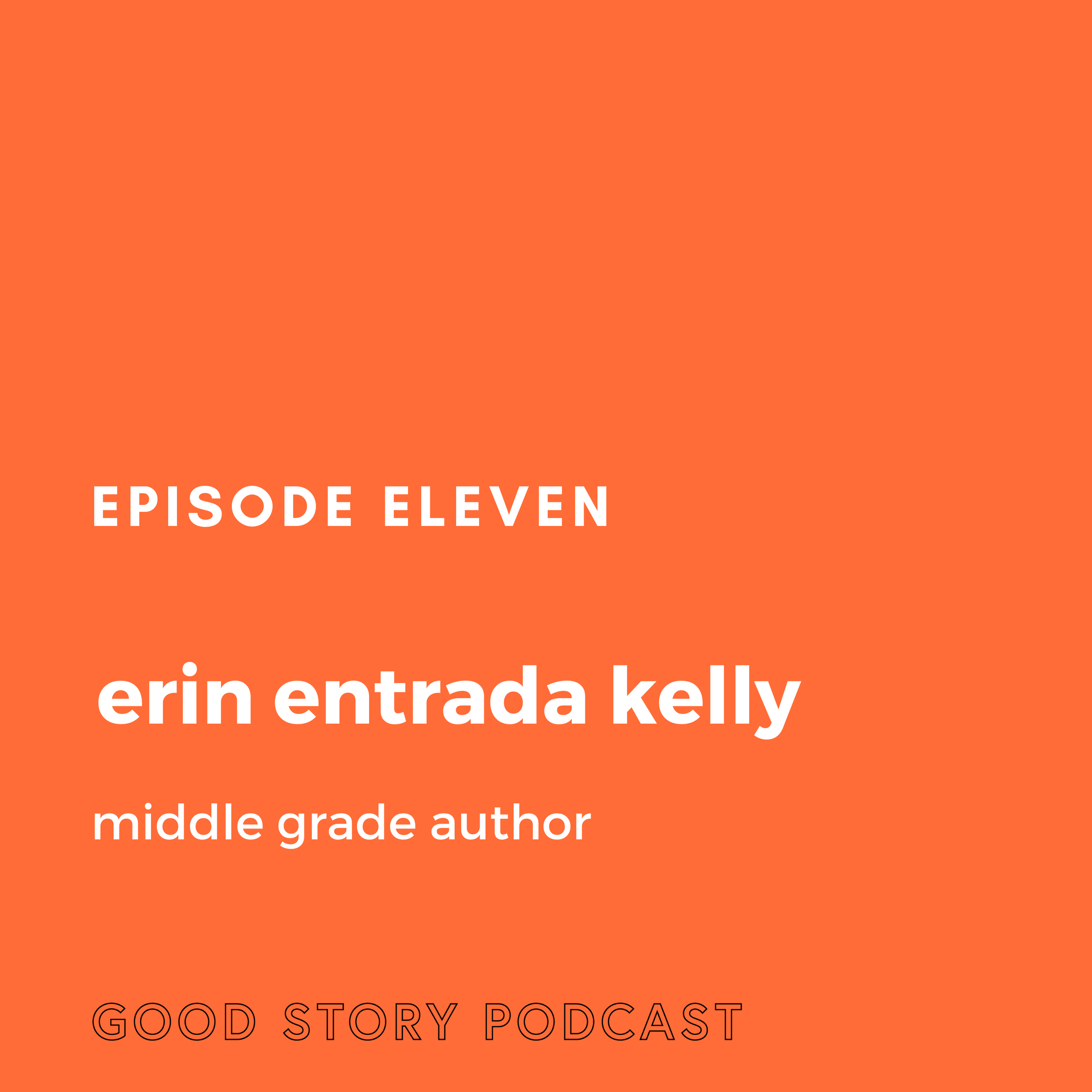
Episode 11: Erin Entrada Kelly, Middle Grade Author
An interview with middle grade author and Newbery medalist Erin Entrada Kelly, where we discuss writing outside your lived experience.
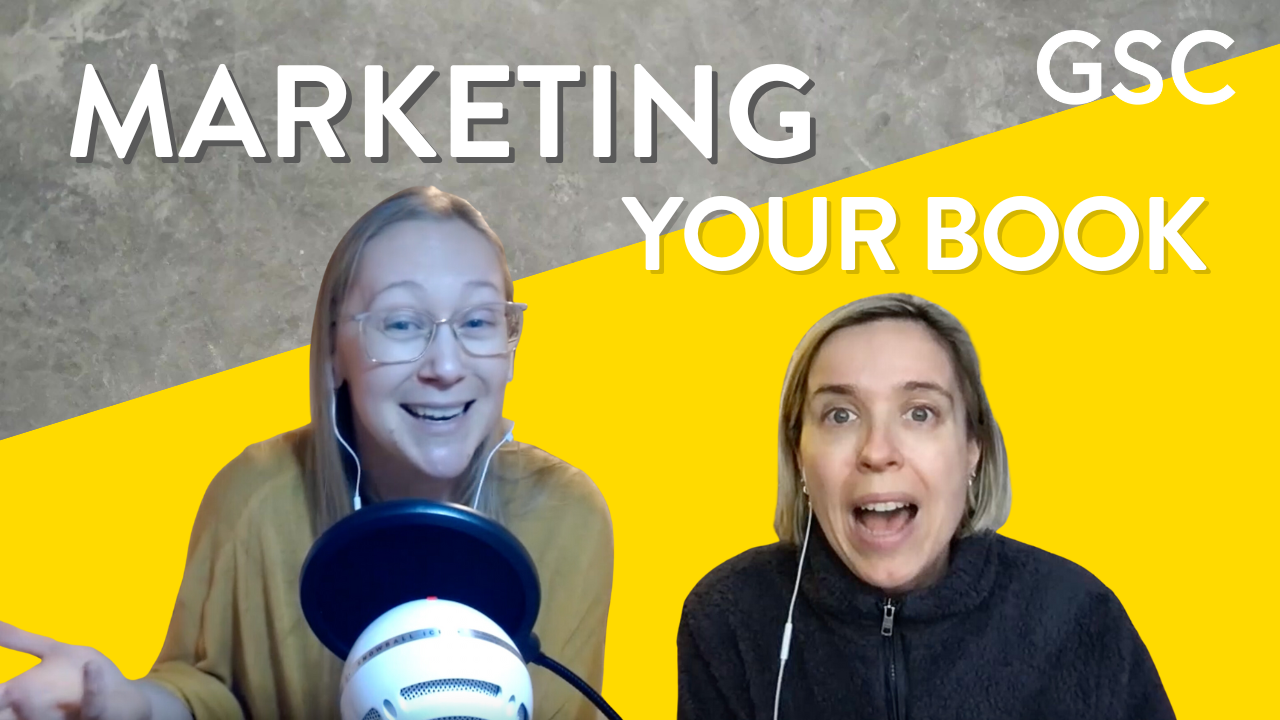
Marketing Your Book With Emily Enger
Book Marketer and PR Coach Emily Enger joins Mary to talk about some of the aspects of the writing process that might leave a yucky taste in our mouths. Tune in for actionable tips and insights into a publicist and marketer's side of the publishing world.

Writing Shy Characters
How do you write shy characters? Shy people often have rich inner worlds that are teeming with life; they’re just selective about who they let inside. Here are a few ways to help you show your shy character’s true nature.
